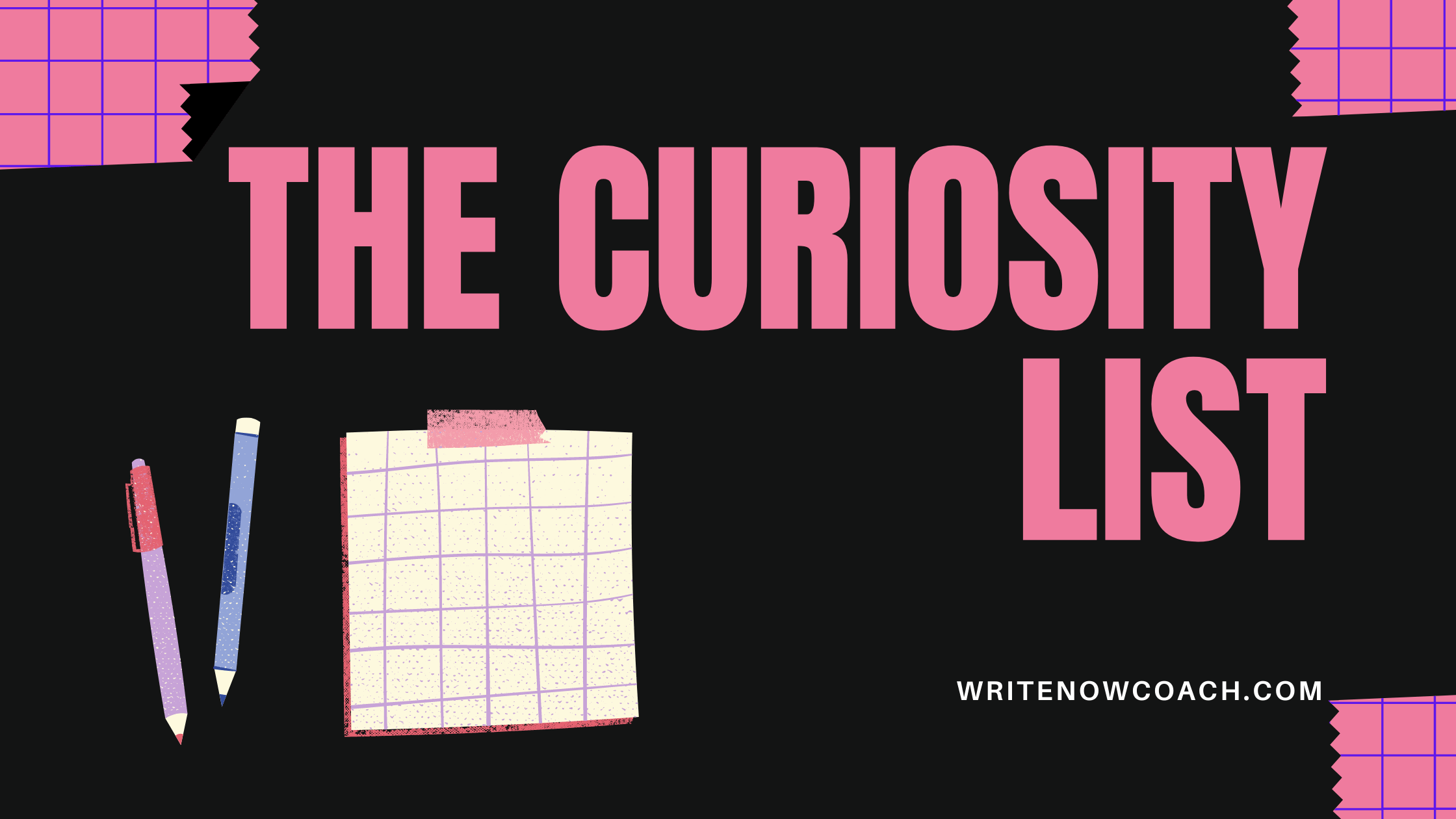The Curiosity List
By Rochelle Melander
Be curious, not judgmental. —Walt Whitman
How do you get your best ideas?
Rebecca Skloot became curious about the origin of HeLa cells in a high school science class and spent ten years researching and writing the bestselling book, The Immortal Life of Henrietta Lacks. Daniel Coyle got curious about super-talented people. His research resulted in the book, The Talent Code: Greatness Isn’t Born. It’s Grown. Here’s How. Chances are, if you wonder about something, other people do, too. Writers, you can make a living exploring the ideas, places, and information that fascinate you. Here’s how:
- Keep a curiosity list. List everything that you are curious about—experiences, facts, figures, ideas, dreams, blogs, animals, television shows, theories, and so forth. You can keep your list in a small journal, in a file on your computer, or on your smart phone. Do what works for you. Organize this information in any way that is helpful to you.
- Add to the list. Got a question? Write it down. Wondering about something? Add it to the list! Read an interesting article? Add some of the ideas to the list. Get in the habit of regularly sitting with your curiosity list and adding ideas.
Pro tip: You know I’m a big fan of habit stacking—attaching a new habit to an already established habit. Because I journal every single day, I’ve begun stacking idea gathering to the end of my journaling time. Where could you fit “idea gathering” into your day?
- Review the list. Once a week, review the list with an eye toward using some of the items in your writing. Ask yourself:
- What items on the list pique your curiosity this week?
- What curiosities might be a starting place for a poem, story, or blog post?
- What items on the list would make good articles?
- Who would be interested?
- How would you pitch it?
- What items on the list might be better suited for a book?
- Could anything on the list be part of a fiction narrative?
- Use it. Once you have chosen an item or two, use it. Begin gathering the research for an article or book. Write a query letter. Consider how you will use the idea in your short story, novel, poem, or blog post.
- Repeat. The curiosity list, like most writing tools, works best when used repeatedly. Whenever you experience writer’s block, turn to the curiosity list to find something new to write about. Or, if you really cannot write that day, use the time to add to the curiosity list.









